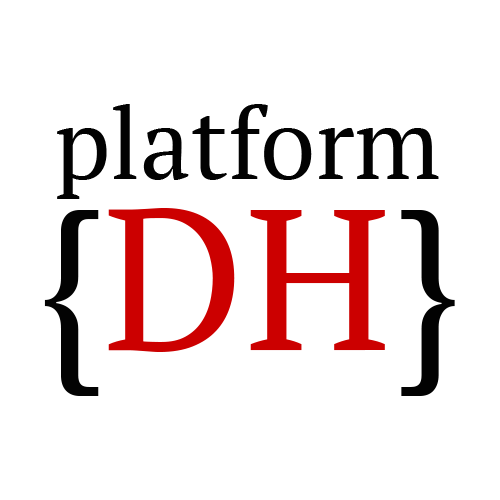Complexities of Project Logistics
Hof van Liere Prinsstraat 13, Antwerpen, BelgiumTypically, editorial projects – digital or non-digital – get funding for a limited time span, and that time span is usually not sufficient to edit and publish the source or body of sources that the project set out to publish. Often, more funding will be sought, but, as technology and time have moved on, and as one can’t reasonably just repeat the first grant application, the focus of a follow-up project will be slightly different. In a third step, one may ask for a neighbouring source collection to be included in the project, or a new tool added to the collection, dependent on what funders at that moment in time seem willing to support.
Projects may end up with multiple collections and datasets, digitized according to multiple standards using multiple (sometimes obsolete) technologies. Some may have started out on paper, and have ridden the waves of databases, HTML, CD-ROM, XML, mass digitisation approaches and Linked open data. Even projects that have consistently worked within a TEI framework may have had to ingest documents that use different TEI dialects. These technological complexities may be increased by constraints in overall planning and everyday workflow, including time and budget management, especially if there are cross-institutional collaborations, interdependencies on deliverables, strict deadlines, staff mobility etc. The workshop will discuss these and other complexities of project logistics.



